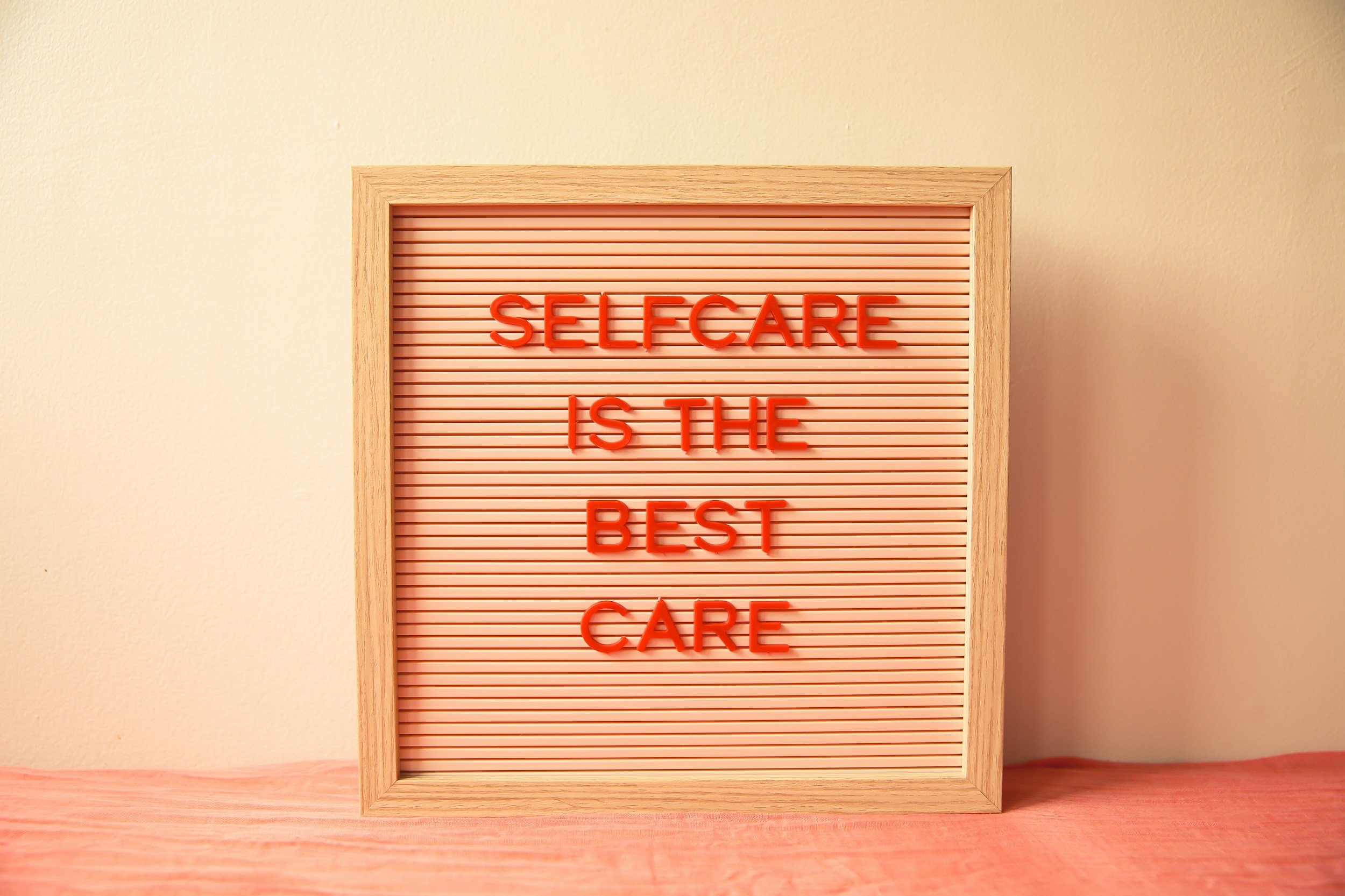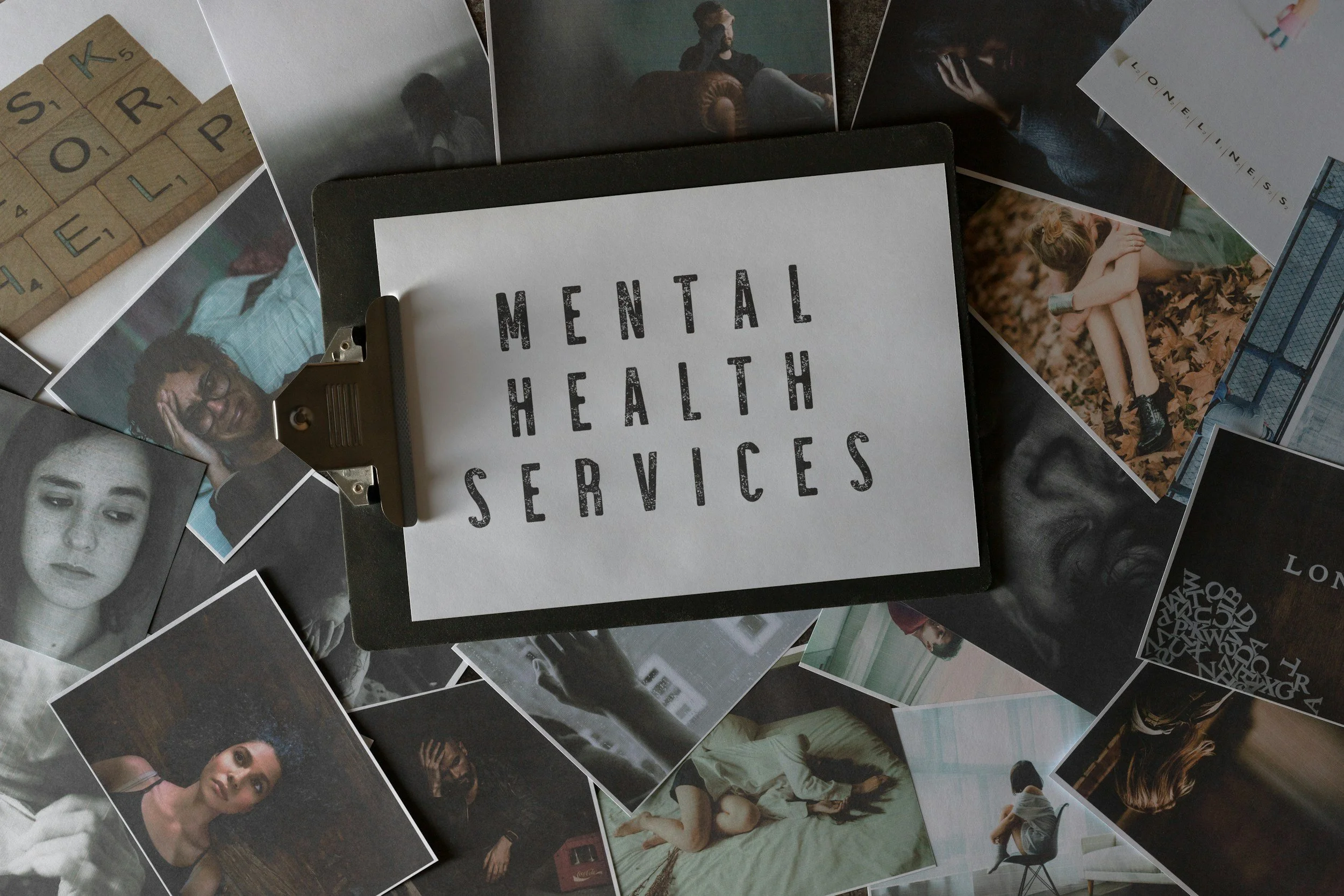C – Core Values: Why What You Believe Matters
What Are Core Values?
Core values are the principles that guide and shape your life. They are the inner beliefs that tell you what truly matters, such as honesty, family, creativity, or compassion. These values influence how you treat others, make decisions, and spend your time.
When your actions match your values, you often feel grounded and confident. You experience a sense of direction that helps you navigate challenges with less confusion. But when you act against your values, life can start to feel unsettled, uncertain, or stressful.
Many people come to therapy when their choices and values no longer feel in sync. This misalignment can quietly build up over time, leading to anxiety, burnout, or emptiness. Reconnecting with what truly matters is not just a mental exercise — it is a powerful step toward emotional balance and a more meaningful life.
1. Values Give Meaning to Your Decisions
Every decision you make, big or small, is influenced by your values, even when you are not fully aware of them. When you are clear on your values, choices feel more straightforward. You can decide with confidence because you know what matters most. But when you are unsure of those values, decision-making can become exhausting. You might second-guess yourself or pursue goals that seem important at first but feel hollow once achieved.
In therapy, values often surface naturally when exploring recurring patterns or difficult choices. For example, if you deeply value connection but often isolate yourself, therapy can help you understand the fears or beliefs that make closeness feel unsafe. Through self-reflection and guided questions, you begin to see that your actions may not always align with your inner priorities.
Cognitive Behavioral Therapy (CBT) is especially helpful in identifying how unhelpful thoughts or habits can block you from living out your values. Learning to challenge those patterns and replace them with balanced, reality-based thoughts supports healthier choices.
Try this:
Write down three recent decisions that felt good and three that left you uneasy. What values were present or missing in each situation? This quick reflection can highlight where your life feels aligned and where it might need adjustment.
2. When You Live Out of Alignment, Stress Increases
Living in ways that contradict your values creates inner conflict. This tension can feel like carrying emotional weight that never fully goes away. For example, someone who values honesty but stays silent in an unfair situation may experience guilt, resentment, or anxiety. Another person who values family might feel torn between long work hours and missing important moments at home.
Over time, this inner strain can lead to stress, burnout, or self-doubt. You may start to question whether you are living authentically or simply reacting to what others expect of you.
Therapy can help identify where this disconnect is happening. Acceptance and Commitment Therapy (ACT) teaches that we can make meaningful choices even when they feel uncomfortable. By committing to small, values-based actions, people begin to feel more in control and less conflicted, even if external circumstances do not change right away.
You do not have to make sweeping life changes overnight. Start small. Speak honestly in one conversation. Schedule time for something that reflects who you want to be. Each small step strengthens your alignment and reduces stress over time.
Reflection Prompt:
What situations in your life cause tension between what you believe and what you do? What small step could help bring those closer together?
3. Identifying Your True Values
It is common to confuse personal values with external expectations. Society, culture, religion, or workplace norms can strongly influence what we think we “should” value. Over time, those outside messages can drown out your own inner voice.
Therapy offers space to rediscover what genuinely matters to you, apart from what others expect. One common tool is a Values Clarification Exercise, where you list the principles that feel important and then narrow them down to your top five guiding values. This process can reveal surprising insights, helping you distinguish between what has been taught to you and what truly belongs to you.
You might notice that you have been pursuing stability when what you actually crave is creativity. Or that you have been chasing approval when what you really want is peace. When you slow down to reflect, the difference between “what others want” and “what I need” becomes clearer.
Ask yourself:
What moments make me feel most like myself?
What do I want to be remembered for?
When do I feel proud, even if no one else notices?
These questions help you tune into your inner compass — the quiet sense of direction that can guide you through even uncertain times.
4. Using Values to Cope with Stress and Change
When life becomes unpredictable, returning to your core values provides steadiness. They act like anchors that keep you grounded during stress, loss, or major transitions.
For instance, someone who values family might decide to spend more quality time together when work becomes overwhelming. Someone who values personal growth might lean into therapy, journaling, or meditation instead of avoiding emotions. Values remind you of what is most important when life feels out of control.
Mindfulness-based therapy often helps clients pause, breathe, and reconnect with their values before reacting. When you act from intention rather than impulse, you handle stress with greater calm and clarity. Over time, this practice improves resilience, emotional regulation, and overall well-being.
You can practice this yourself by asking, “What value do I want to express in how I handle this situation?” Whether that value is patience, courage, or kindness, responding with purpose often brings relief and strength.
5. Reconnecting with Values During Recovery or Growth
Values exploration can also be a key part of healing from trauma, burnout, or major life changes. After difficult experiences, people sometimes lose touch with who they are and what they care about. Therapy helps rebuild that foundation.
For someone healing from trauma, reconnecting with values like safety, trust, or empowerment can restore a sense of identity. For a person going through a career transition, reflecting on values such as creativity, service, or stability can guide new goals that feel meaningful rather than pressured.
Solution-Focused Brief Therapy (SFBT) helps clients recognize times they already lived in line with their values, even in small ways. This strengths-based approach reinforces confidence by highlighting what is already working.
Even brief moments — like helping a friend, standing up for yourself, or saying no to something that drains you — can be signs of living according to your core values. When you notice and celebrate these small wins, you reinforce the idea that growth is already happening.
Try this:
At the end of each week, write down one moment that reflected your values. It could be something small, like speaking kindly to yourself or choosing rest when you needed it. Over time, these moments create lasting change.
6. Living by Your Values Creates Confidence and Peace
When you live according to your values, your life starts to feel more consistent and predictable in the best way. You begin to trust yourself again. Decisions that once caused doubt now feel clearer because they align with who you are.
This self-trust builds confidence. You spend less energy second-guessing and more time living with purpose. Even when things are uncertain, your values act as a steady guide that reminds you of what matters most.
Therapy can help you uncover, define, and strengthen these values so they become part of your daily life. Through conversation, mindfulness, and gentle accountability, you learn to live from the inside out rather than the outside in.
Your Values Are Your Compass
Your core values are not abstract ideas. They are living principles that shape how you think, love, and grow. When you know what you stand for, you can face life’s challenges with more clarity and peace.
If you feel disconnected from what matters most or are unsure how to get back on track, therapy can help you rediscover that sense of direction. By exploring your beliefs and reconnecting with your authentic values, you create a stronger, more fulfilling foundation for your life.
— Sam Long, LISW
Founder of Long Therapy Services, LLC
-Growth and Healing, Wherever You Are-
Ready to start? Contact me today or schedule through Headway or SonderMind.
Learn more by going to About or Services pages. Have specific questions go to FAQs.
The information on this page is for educational purposes only and is not a substitute for professional therapy, diagnosis, or treatment. If you are in crisis, call or text 988 (Suicide and Crisis Lifeline) or go to your nearest emergency department.






























